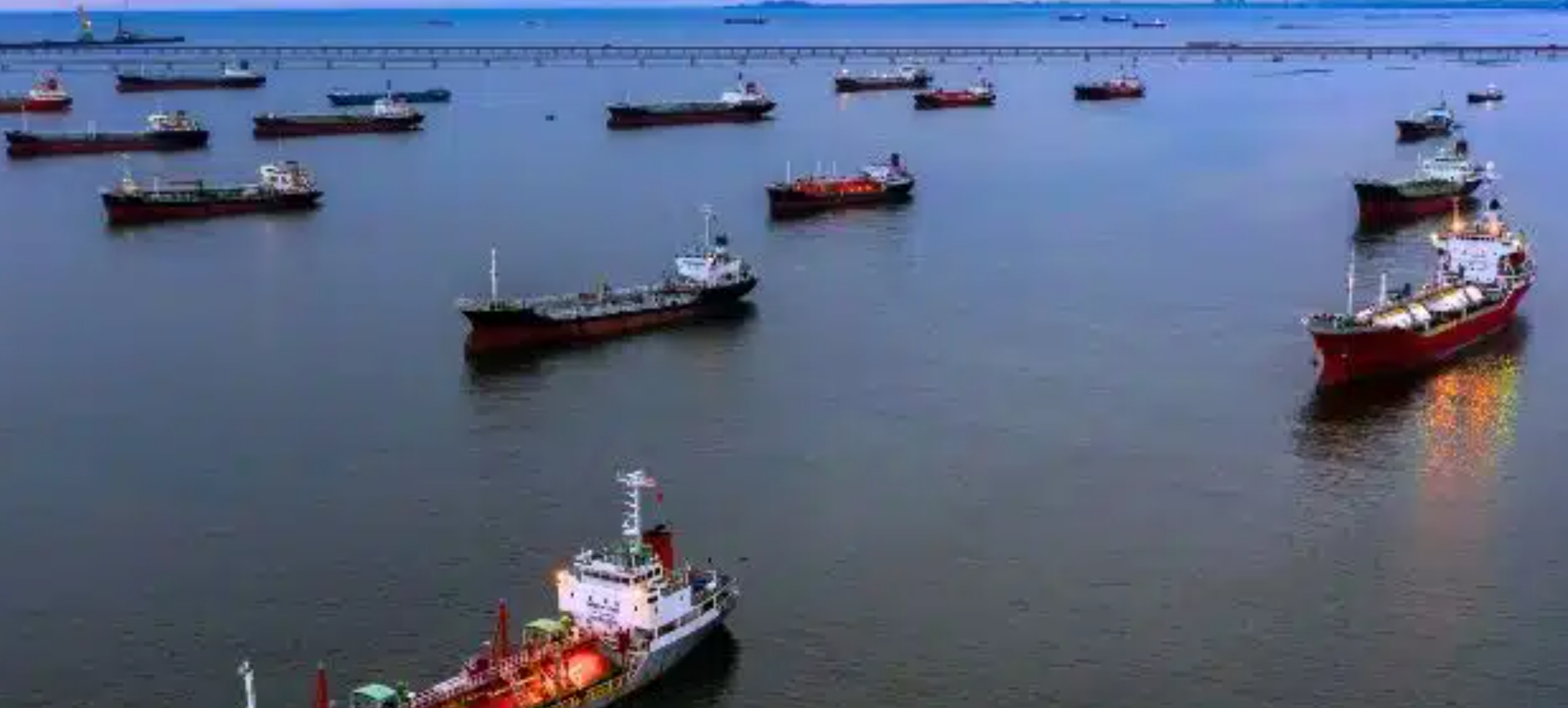
Image:
The Russian breakbulk sector finds itself in the throes of an unprecedented crisis, grappling with the ramifications of the ongoing military conflict with Ukraine and the subsequent imposition of sanctions. This tumultuous period marks one of the darkest chapters in the history of the industry, characterized by a profound collapse that has reverberated throughout maritime and logistics circles.
The repercussions of the crisis have been swift and severe. The sector has witnessed a mass exodus of skilled specialists and technologies, leaving a void that threatens to undermine its operations and viability. As tensions persist and sanctions tighten, industry stakeholders brace for further disruptions, anticipating a continuation of the alarming trend.
The conflict with Ukraine, compounded by international sanctions, has precipitated a cascade of challenges for the Russian breakbulk sector. Supply chains have been destabilized, leading to logistical bottlenecks and delays in cargo movements. Moreover, the imposition of sanctions has severed critical ties with key international partners, exacerbating the industry’s isolation and vulnerability.
Amidst these turbulent times, the resilience and adaptability of industry players are put to the test. Companies are compelled to navigate a complex landscape fraught with uncertainty and geopolitical tensions. Strategic decision-making becomes paramount as businesses seek to mitigate risks and safeguard their interests in an increasingly volatile environment.
The crisis facing the Russian breakbulk sector underscores the interconnectedness of global trade and geopolitics. As conflicts and sanctions reverberate across borders, industries reliant on maritime transportation bear the brunt of geopolitical upheavals. The ramifications extend beyond economic considerations, encompassing geopolitical alliances, security concerns, and diplomatic relations.
In response to the crisis, industry stakeholders are urged to adopt agile strategies and contingency plans to weather the storm. Collaboration and cooperation emerge as linchpins for resilience, as companies forge partnerships and alliances to navigate uncertain waters. Furthermore, diversification of supply chains and markets is touted as a means of reducing dependency and enhancing resilience against geopolitical shocks.
The road ahead remains fraught with challenges and uncertainties for the Russian breakbulk sector. The resolution of the conflict with Ukraine and the easing of sanctions hold the promise of a potential recovery. However, the path to normalization is fraught with obstacles, and the industry must remain vigilant and adaptable in the face of evolving geopolitical dynamics.
As the crisis unfolds, the eyes of the maritime and logistics community remain fixed on the fate of the Russian breakbulk sector. Its resilience and ability to weather the storm will serve as a barometer of the industry’s capacity to withstand geopolitical shocks and emerge stronger in the aftermath.

